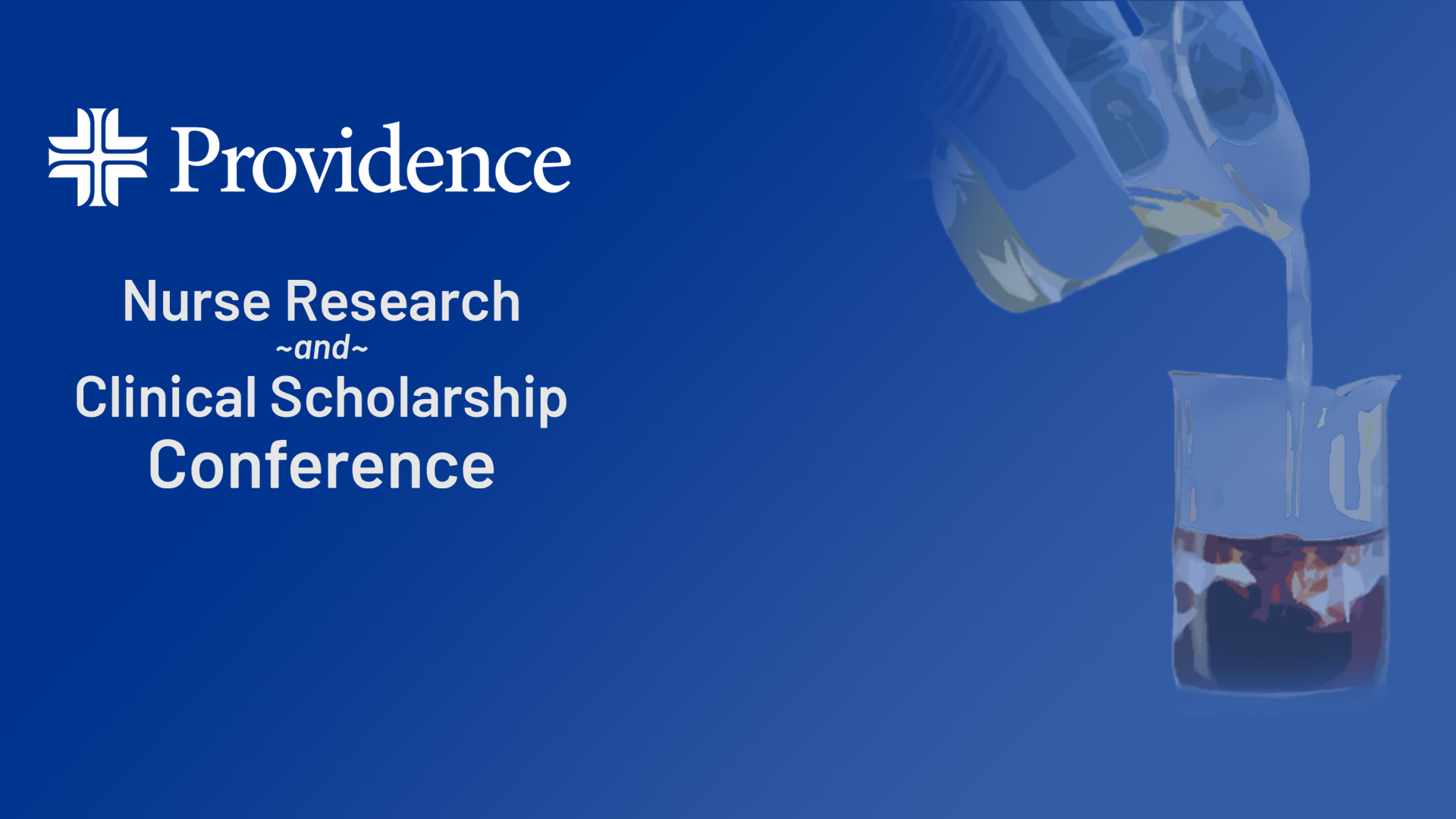
Location
Virtual
Start Date
1-3-2024 12:55 PM
End Date
1-3-2024 1:10 PM
Keywords:
washington; california; pshmc; burbank
Description
Background: Healthcare workers frequently experience occupational stressors that negatively impact their emotional well-being. Recent evidence suggests that healthcare workers’ occupational stressors may translate to moral distress, defined as emotional turmoil occurring over an ethical dilemma secondary to a patient care or team-related issue. Following the COVID-19 pandemic, moral distress and a wide range of psychological and physical issues have been linked to high rates of healthcare worker burnout. Increased occupational stressors significantly augment turnover intentions and behaviors and negatively impact well-being. The resultant turnover rates have reached an all-time high among professional registered nurses. Some evidence suggests that the presence of hospital-based chaplains may alleviate moral distress among healthcare workers.
Purpose: This qualitative descriptive study assessed the perceptions of caregivers in acute care hospital settings regarding the role of hospital-based chaplains in addressing emotional well-being, stress, and burnout.
Methods: A qualitative descriptive research study was designed using the Transactional Theory of Stress and Coping as a sensitizing concept. Patient-facing interdisciplinary healthcare workers were recruited from a larger survey-based study conducted from January 2022 to June 2022 across 31 hospitals within a multi-state, 52-bed hospital system in the Western United States. Participants from the parent study were given the option to electronically consent to schedule and participate in a virtual, 60-minute, 1-on-1 semi-structured interview following survey completion. The qualitative descriptive analysis answered the primary research questions, "How do healthcare workers conceptualize workplace stress?" and, "What impact does speaking with chaplains have on workplace stress?"
Results: A total of 33 healthcare staff participated in optional interviews. Most respondents were registered nurses (76%, n=25) and female (76%, n=25). Findings are presented in three thematic sentences, including: (1) As a result of performing my job duties, I experience moral distress; (2) Because of the stress I am carrying, I seek help from professional chaplains; (3) In small and significant ways, chaplains help to relieve my moral distress. A strategy employed by caregivers for alleviating workplace-induced moral distress and restoring well-being was to seek help from hospital chaplains.
Discussion and Implications for Practice: Interdisciplinary healthcare staff reported experiencing moral distress as a result of their role providing patient care during the COVID-19 pandemic and beyond. Chaplaincy care, common in U.S. facilities for the spiritual care of patients, is an easily accessible resource for healthcare workers. Providing access to chaplains may prove to be an effective strategy for addressing healthcare workers’ moral distress and improving emotional and spiritual well-being, thereby reducing turnover and moral distress. Further work is needed in this space to test relationships between healthcare workers' exposure to chaplaincy services, turnover intent, and moral distress.
Recommended Citation
Colorafi, Karen; Sumner, Sarah; and Rangel, Teresa, "Alleviating Health Professionals' Moral Distress through Hospital-based Chaplain Care" (2024). Providence Nursing Research Conference 2023 – Present. 23.
https://digitalcommons.providence.org/prov_rn_conf_annual/2024/podiums/23
Area of Special Interest
Mental Health
Specialty/Research Institute
Behavioral Health
Specialty/Research Institute
Nursing
Specialty/Research Institute
Pastoral Care
Included in
Alleviating Health Professionals' Moral Distress through Hospital-based Chaplain Care
Virtual
Background: Healthcare workers frequently experience occupational stressors that negatively impact their emotional well-being. Recent evidence suggests that healthcare workers’ occupational stressors may translate to moral distress, defined as emotional turmoil occurring over an ethical dilemma secondary to a patient care or team-related issue. Following the COVID-19 pandemic, moral distress and a wide range of psychological and physical issues have been linked to high rates of healthcare worker burnout. Increased occupational stressors significantly augment turnover intentions and behaviors and negatively impact well-being. The resultant turnover rates have reached an all-time high among professional registered nurses. Some evidence suggests that the presence of hospital-based chaplains may alleviate moral distress among healthcare workers.
Purpose: This qualitative descriptive study assessed the perceptions of caregivers in acute care hospital settings regarding the role of hospital-based chaplains in addressing emotional well-being, stress, and burnout.
Methods: A qualitative descriptive research study was designed using the Transactional Theory of Stress and Coping as a sensitizing concept. Patient-facing interdisciplinary healthcare workers were recruited from a larger survey-based study conducted from January 2022 to June 2022 across 31 hospitals within a multi-state, 52-bed hospital system in the Western United States. Participants from the parent study were given the option to electronically consent to schedule and participate in a virtual, 60-minute, 1-on-1 semi-structured interview following survey completion. The qualitative descriptive analysis answered the primary research questions, "How do healthcare workers conceptualize workplace stress?" and, "What impact does speaking with chaplains have on workplace stress?"
Results: A total of 33 healthcare staff participated in optional interviews. Most respondents were registered nurses (76%, n=25) and female (76%, n=25). Findings are presented in three thematic sentences, including: (1) As a result of performing my job duties, I experience moral distress; (2) Because of the stress I am carrying, I seek help from professional chaplains; (3) In small and significant ways, chaplains help to relieve my moral distress. A strategy employed by caregivers for alleviating workplace-induced moral distress and restoring well-being was to seek help from hospital chaplains.
Discussion and Implications for Practice: Interdisciplinary healthcare staff reported experiencing moral distress as a result of their role providing patient care during the COVID-19 pandemic and beyond. Chaplaincy care, common in U.S. facilities for the spiritual care of patients, is an easily accessible resource for healthcare workers. Providing access to chaplains may prove to be an effective strategy for addressing healthcare workers’ moral distress and improving emotional and spiritual well-being, thereby reducing turnover and moral distress. Further work is needed in this space to test relationships between healthcare workers' exposure to chaplaincy services, turnover intent, and moral distress.




